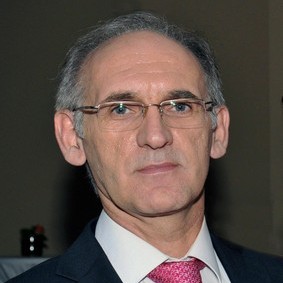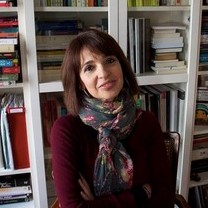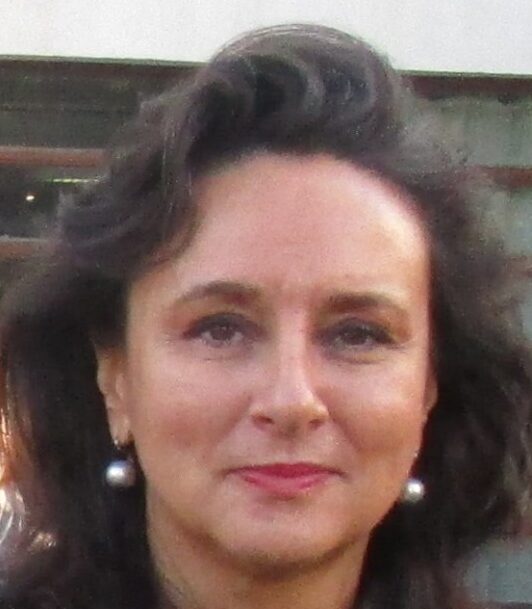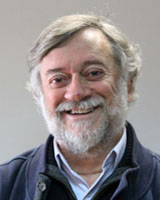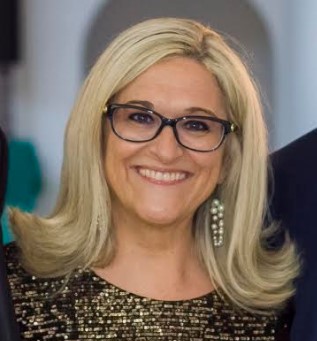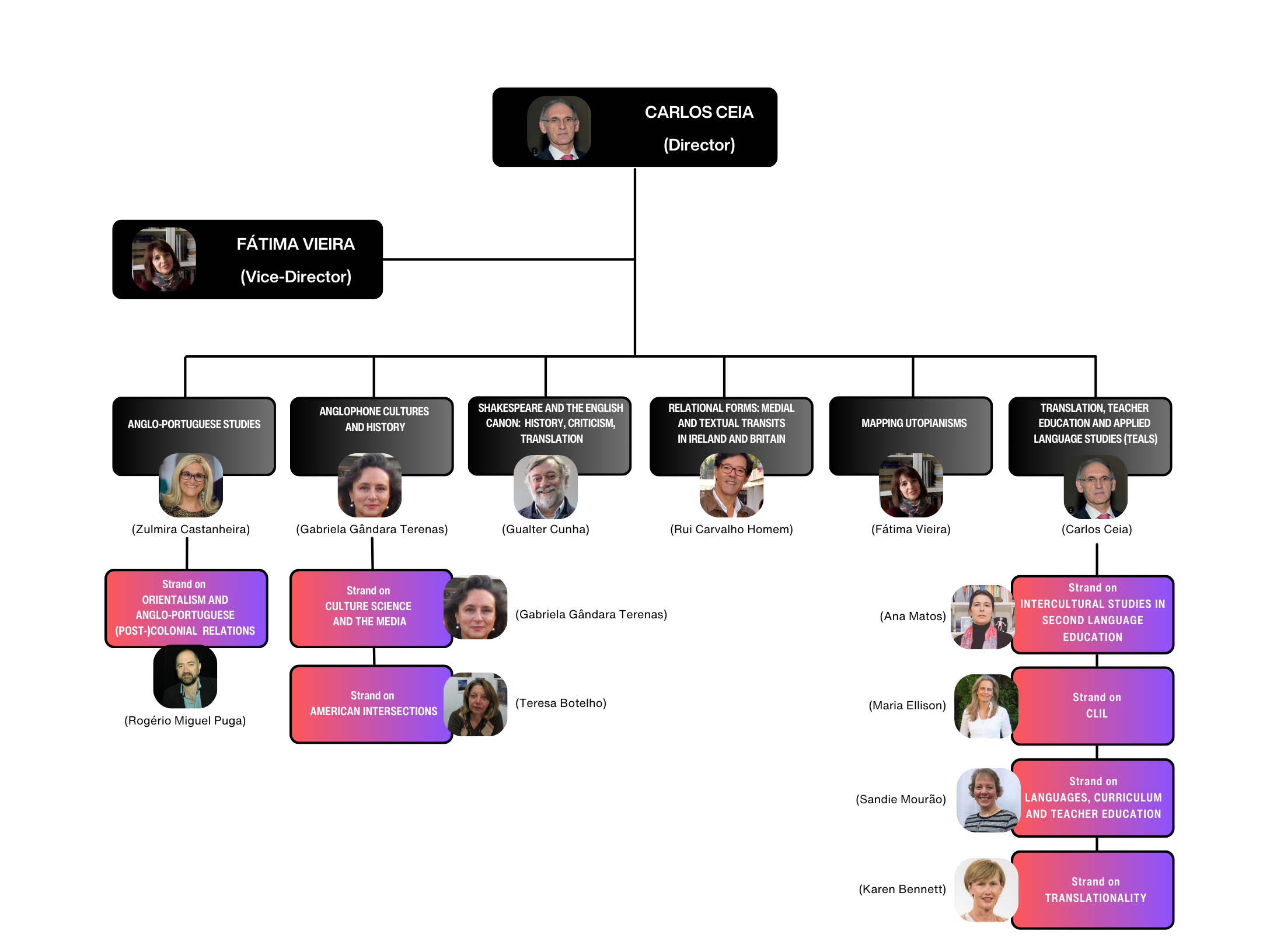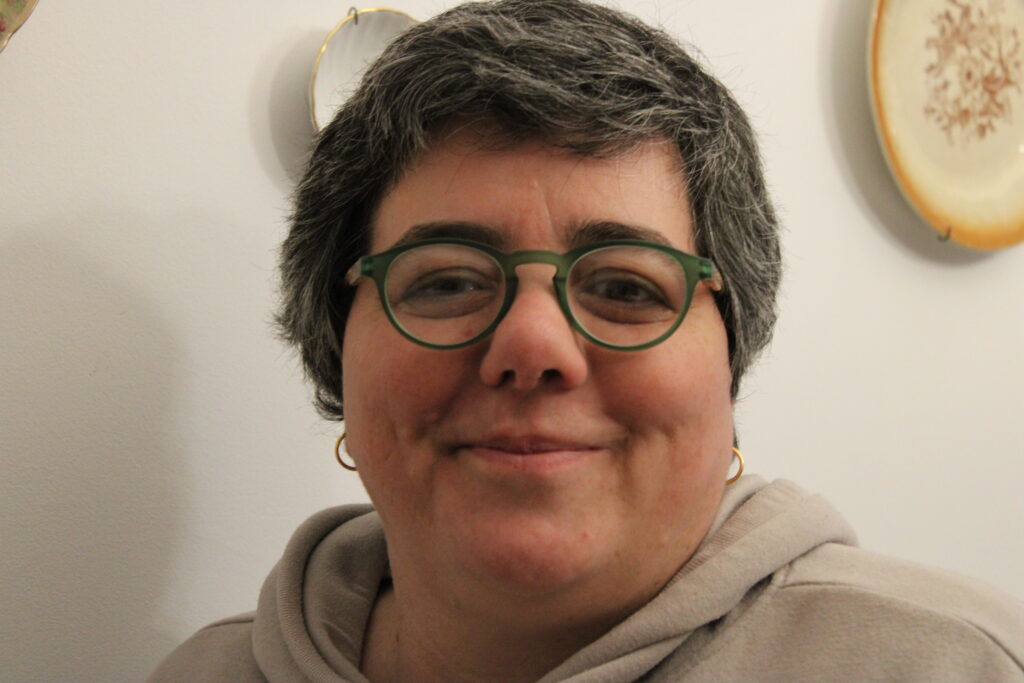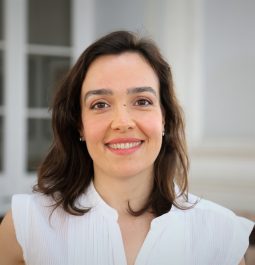About
Jointly hosted by Nova University of Lisbon and University of Porto, the Centre for English, Translation and Anglo-Portuguese Studies (CETAPS) is a dynamic research unit that brings together 61 integrated members and 123 collaborators (mostly junior researchers doing doctoral or postdoctoral training with us) from 16 Portuguese HE institutions, promoting research and activities with high national and international reach.
We run 8 databases and publish 4 electronic journals, 2 of them indexed by Scopus: JAPS (2019-) and Translation Matters (2023-), now a Q1 journal; over the past 5 years, we have organized 148 in-person, online and hybrid conferences and seminars, presented 677 papers at national and international conferences, edited/published 231 books and chapters, edited 24 issues of academic journals and published 241 papers in national and international journals.
Our dominant disciplinary domain is in the field of English Studies, as understood and practised internationally, but this focus on the Anglophone world is sharpened and inflected by an operative awareness of our Portuguese cultural standpoint. This creates the conditions for a research rationale which is interlingual and intercultural, a relational characteristic that endows the Centre with its uniqueness, both nationally and internationally. Through the lens of ‘mobility’, we have favoured the study of interactions with outsiders in Anglophone creations since the Early Modern period. Key concepts such as identity, community, and intercultural communication shape our inquiry, drawing on approaches from Lit. & Cultural Studies, Utopian Studies, Intermediality, & Education.
CETAPS is organised into 6 Research Areas (RAs), some accommodating existing or new Research Strands (RSs). These are NOT autonomous groups or lines, but flexible and collaborative research hubs meant to accommodate contributions from any of our members. Names listed in association with particular RAs and RSs identify core commitments and the existence of a critical mass rather than discrete teams; many individual researchers contribute to more than one area /strand. RA leaders and RS convenors are facilitators of these hubs, welcoming input from members; monitoring activities and processes; gathering information; organising meetings and liaising with the CETAPS Board; and consolidating the research consequences (in initiatives and outputs) of the Centre’s collaborative culture.
RESEARCH AREAS (identified by numerals) and RESEARCH STRANDS (by letters):
1. Anglo-Portuguese Studies (leader: Zulmira Castanheira)
a) Orientalism and Anglo-Portuguese (Post-)Colonial Relations (convenor: Rogério Puga)
2. Anglophone Cultures and History (leader: Gabriela Gândara)
b) Culture, Science and the Media (convenor: Gabriela Gândara)
c) American Intersections (convenor: Teresa Botelho)
3. Shakespeare and the English Canon: History, Criticism, Translation (leader: Gualter Cunha)
4. Mapping Utopianisms (leader: Fátima Vieira)
5. Relational Forms: Medial and Textual Transits in Ireland and Britain (Rui Carvalho Homem)
6. Translation, Teacher Education, and Applied Languages Studies (TEALS) (leader: Carlos Ceia)
d) Intercultural studies in second-language education (convenor: Ana Matos)
e) Teacher education and curriculum studies in second-language education (Sandie Mourão)
f) Translationality (convenor: Karen Bennett)
g) CLIL, Content and Language Integrated Learning (convenor: Maria Ellison)
CETAPS’ Digital Laboratory is the result of the R&D+i unit’s commitment to the development of the Digital Humanities.
Evaluation Panel: ARTS AND HUMANITIES – Literary Studies
FCT 2013-2017 Evaluation (current): Overall Quality Grade: EXCELLENT
Director: Carlos Ceia
Fundação para a Ciência e a Tecnologia: referência do(s) financiamento(s): UIDB/04097/2020 / UIDP/04097/2020
Organization of the R&D Unit
Board
External Advisors
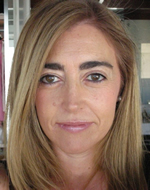
Clara Calvo
Universidad de Murcia
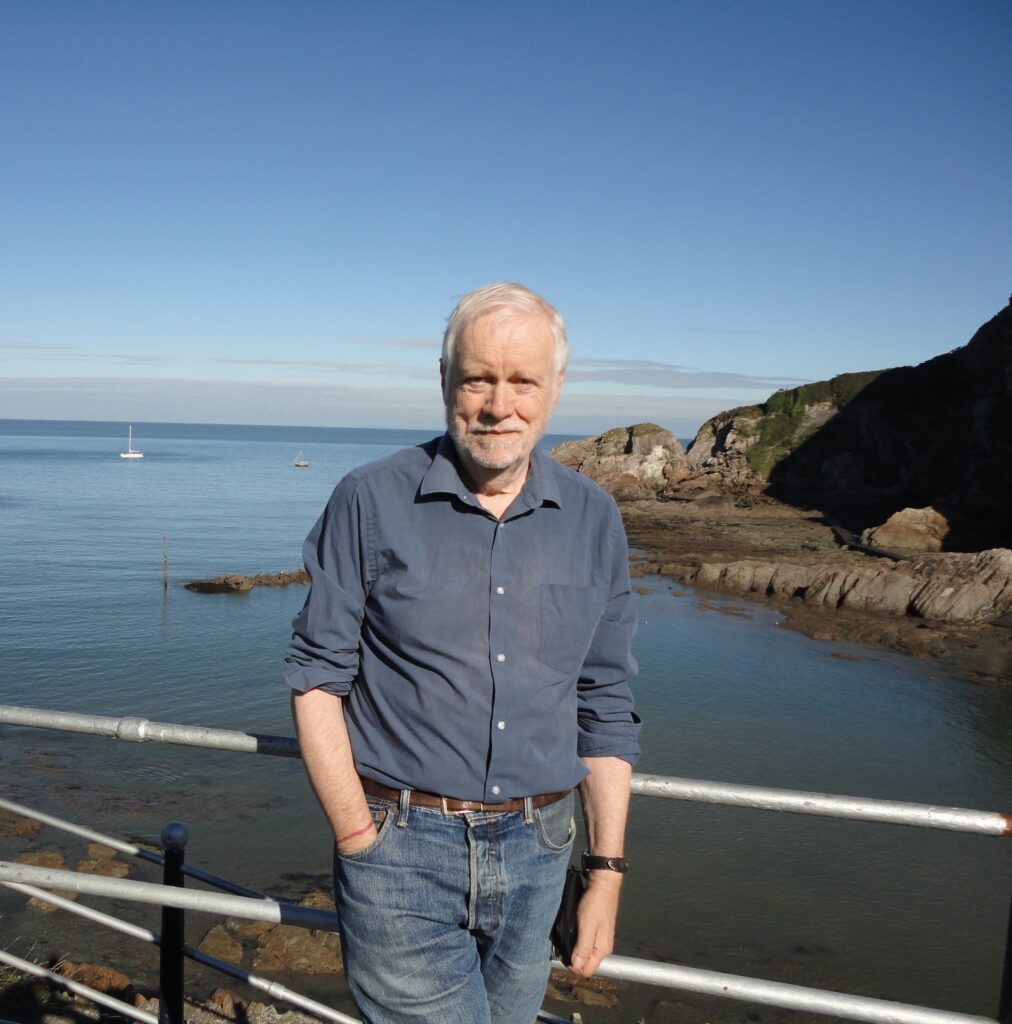
David Brookshaw, Professor Emeritus
University of Bristol
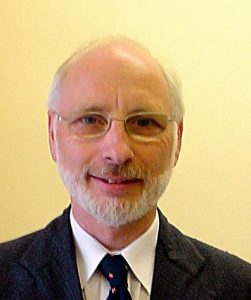
Michael Byram, Professor Emeritus
University of Durham

